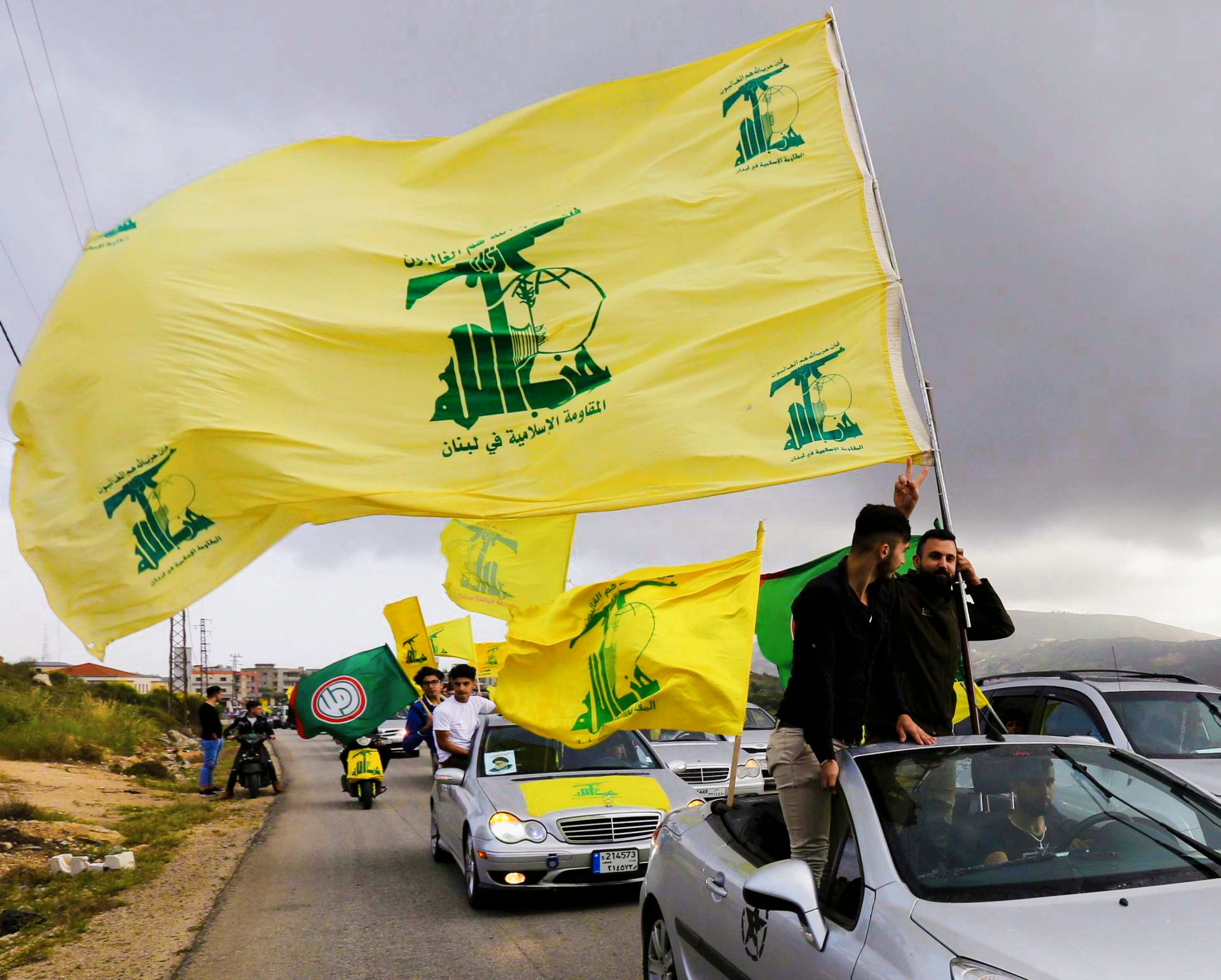Hours before the arrival of the U.S. special envoy Thomas Barak to Beirut today, carrying the Israeli response to the Lebanese amendments regarding the U.S. paper to establish a ceasefire between Lebanon and Israel, a notable development emerged on the internal scene represented by the call from Hezbollah and the Amal Movement for popular action in the streets, rejecting the Lebanese government's decision to restrict weapons to the state.
In a joint statement, the Central Labor Office of the Amal Movement and the Central Union of Unions and Workers in Hezbollah called on "all workers and producers of Lebanon and their unions to gather next Wednesday at 5:30 PM (14:30 GMT) in Riad al-Solh Square in downtown Beirut," in condemnation of what they described as "unjust government decisions" issued on August 5 and 7, 2025, which stipulate the start of a plan to restrict weapons to the Lebanese army.
* "The Resistance's Weapon is Noble"
The statement described Hezbollah's weapon as "a noble weapon that defends the homeland," rejecting what it considered "external pressures aimed at breaking the will of the people and their resistance."
It also emphasized that the upcoming "national popular stand" would be a message of rejection to the "policy of submission and surrender," and a confirmation of "the right to maintain the weapon that has proven effective in confronting enemies."
* An Official Escalatory Position
This call is considered the first official and public move by Hezbollah to take to the streets in rejection of the government's decision regarding weapons, after its supporters had previously limited themselves to organizing motorcycle rallies that roamed the streets of Beirut as an unofficial protest message.
* Failure of Communications with the State
Private sources revealed that the recent meetings between a delegation from Hezbollah and the envoys of President Joseph Aoun did not yield any significant results, indicating that the party informed Aoun and Army Commander Rudolf Haikal that proceeding with the implementation of the "restriction of weapons" decision would lead to a direct confrontation.
Sources also added that Hezbollah rejected even the formal procedures in this file, considering that mere acceptance of them constitutes a strategic concession that cannot be accepted.
* The Government Moves Forward with Its Plan .. and the Army is Tasked with Implementation
The Lebanese government had approved at the beginning of August a clear plan to restrict weapons to the state, in a step described as the boldest since the end of the devastating war with Israel last year.
The government tasked the Lebanese army with developing an executive plan for this decision before the end of this month, with the gradual handover of weapons to begin, concluding by the end of this year (2025).
* U.S. Envoy Carries Disarmament Plan
In parallel, U.S. envoy Thomas Barak arrives today in Beirut, carrying the Israeli response to the Lebanese proposals regarding the U.S. paper, which is currently the most detailed plan for disarming Hezbollah.
This American initiative comes within the framework of international efforts to establish a permanent ceasefire between Lebanon and Israel, following the violent war that erupted last year.
Despite increasing external pressures, Hezbollah still rejects all calls to surrender its weapons, affirming that its weapons are part of the deterrence equation and that it will not allow them to be weakened under any circumstances.
* Public and Official Anticipation for What Wednesday Will Bring
Amid the escalation in the streets and intense diplomatic movements, Beirut is experiencing rising political and security tension, as the Lebanese await whether the anticipated demonstration on Wednesday will remain peaceful or ignite the first spark of a wider confrontation between Hezbollah and the Lebanese state, which has decided for the first time to place the "resistance" weapons on the table for implementation, not dialogue.

